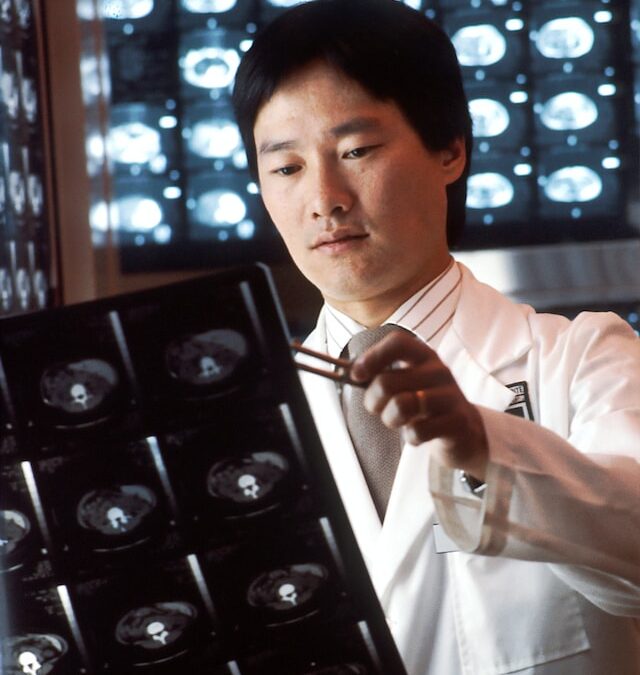A concussion is a mild brain injury due to a violent jolt, blow to your head or bump. A headache is a common symptom. Symptoms typically resolve within two to three weeks. Recovery is different for everyone. Physical and mental rest, and slowly returning to regular activity are essential.
A single concussion typically doesn’t trigger permanent damage to your brain, but numerous concussions over time could result in fundamental changes in your brain.
Causes of a Concussion
Brain tissue is spongy and soft. It’s enclosed by cerebrospinal fluid, which serves as a cushion between the brain and the skull. Anything that causes a rapid, back-and-forth movement may cause your brain to bump around the inside of your skull. This brain movement injures brain cells and can produce chemical changes in the brain. Sports injuries, falls, and motor vehicle accidents are common causes of concussions. In children, most concussions occur when playing sports such as football, basketball, ice hockey, wrestling, or soccer.
These brain injuries briefly disrupt the normal function of your brain, resulting in the symptoms and signs of a concussion.
Symptoms of a Concussion
The shaking or bumping brain movements can cause damage to your neurons–and may even cause them to stretch or break. Concussion symptoms typically emerge within minutes of the head injury. In some cases, symptoms could take hours to appear and may change over the course of several days.
Symptoms of a concussion include:
- Headache
- Ringing in the ears
- Nausea
- Fatigue and drowsiness
- Blurry vision
In some instances, a blood clot might develop form in the brain after a concussion occurs. A patient should be taken to the ER immediately if symptoms worsen or if the patient has:
- Headaches getting worse
- One pupil is bigger than the other
- Seizures, neck pain, unusual behavioral changes
- Weakness or numbness in arms or leg
Luckily, your brain can heal and repair itself by rebuilding and strengthening neural pathways. Treatment can improve your concussion symptoms and enhance your quality of life.
Treatment
Treatment for a concussion is based on the severity of your symptoms. Most concussions may be treated at home or with traditional medical methods. Treatments include:
- Getting lots of rest
- Drinking plenty of water
- Over-the-counter pain relievers
- Taking a break from sports
- Don’t attempt to drive a vehicle
- Avoiding alcohol
- Giving your brain a rest by avoiding mental and visual stimulation
Effective Concussion Treatment for Successful Brain Recovery
As the top concussion treatment center in New Jersey, we are dedicated to helping our patients recover from a concussion by creating a unique treatment plan. If you or a loved one is suffering from a concussion or any type of brain injury, schedule a consultation with us today.
